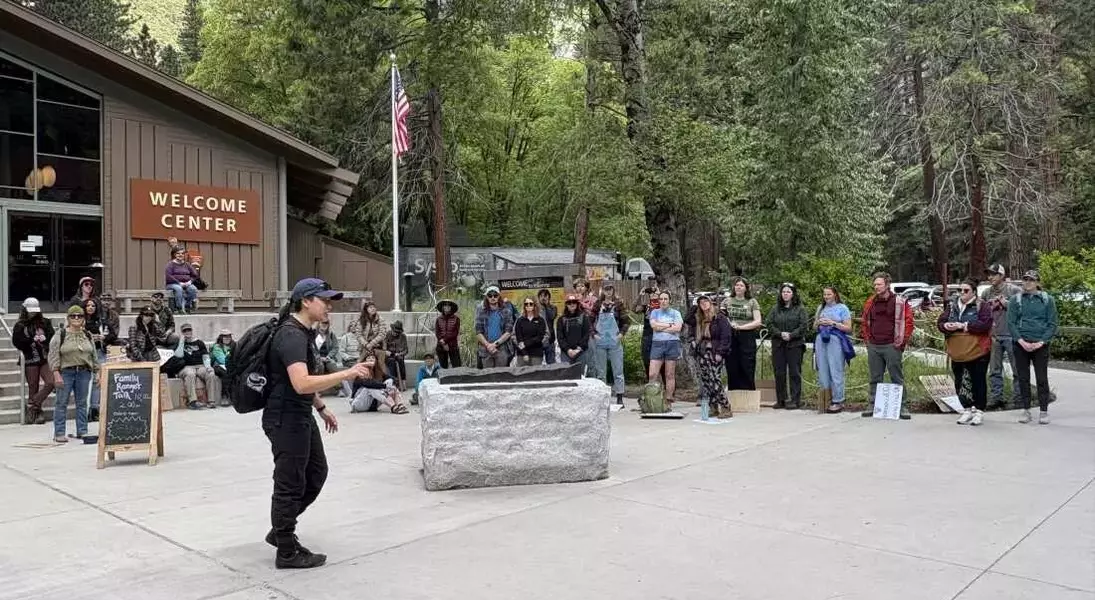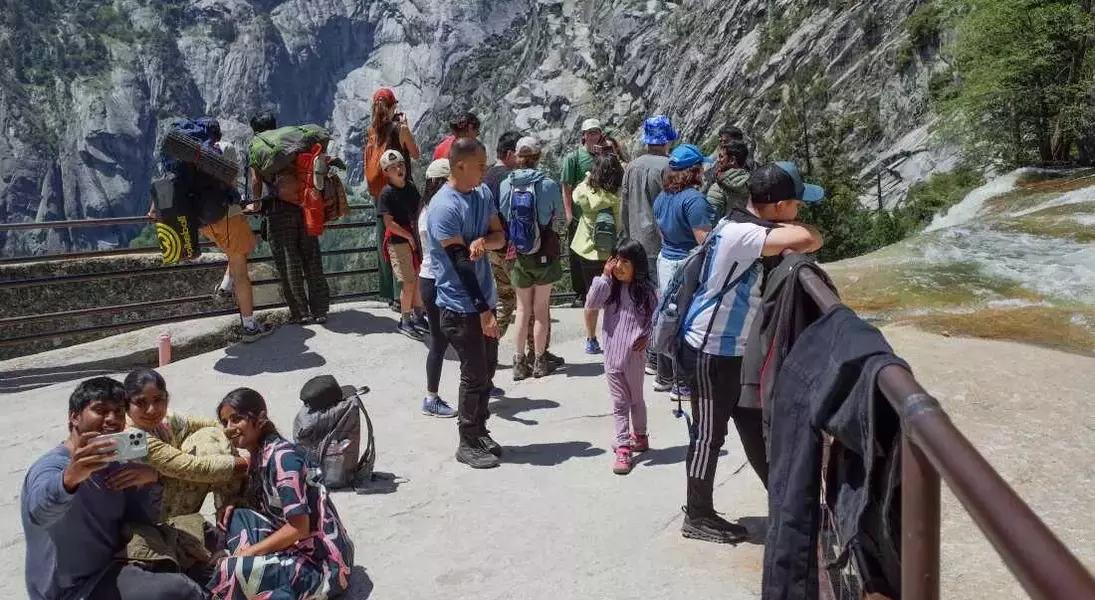




A recent investigation reveals that a significant number of seasonal staff at Yosemite National Park rendered their services for weeks without remuneration during the spring and summer months. This peculiar predicament arose from federal budgetary constraints and significant delays within the human resources department, leaving dedicated individuals in a precarious position. These workers, many of whom depend on park-provided accommodation, found themselves compelled to volunteer their time and effort, maintaining essential park operations while awaiting formal employment and compensation. This situation has unfortunately led to sentiments of exploitation among those who, despite their profound affection for the park and its preservation, were forced to work under such inequitable conditions.
The unfolding events at Yosemite are symptomatic of a larger systemic issue affecting national parks across the country. Following a series of federal staffing reductions and subsequent rehiring efforts, the National Park Service's human resources division became overwhelmed, struggling to process new hires in a timely manner. This administrative bottleneck coincided with the peak tourist season, creating an urgent demand for labor that existing processes could not meet. Consequently, park supervisors, facing immense pressure to keep the park accessible as per federal directives, resorted to an unconventional solution: encouraging prospective employees to volunteer in exchange for housing, thereby circumventing the official onboarding delays. While some temporary relief was provided through partnerships with non-profit organizations, this assistance did not extend to all affected workers, leaving many to contribute their time without any promise of retrospective pay.
This episode casts a critical light on the vulnerability of public service employees and the ethical responsibilities of governmental agencies. The dedication of these seasonal workers, who tirelessly managed campgrounds, wilderness permits, and maintenance, underscores their commitment to the nation's natural treasures. Yet, the expectation of unpaid labor, even if framed as a voluntary option, raises serious questions about fairness and compliance with labor regulations. It serves as a stark reminder that while passion for a cause is commendable, it should never be a substitute for equitable compensation and secure employment. Addressing these fundamental issues is paramount to ensuring the sustained well-being of both the park system and the invaluable individuals who dedicate their lives to its upkeep.
The challenges faced by Yosemite's seasonal workforce underscore the importance of robust governmental support and efficient administrative structures for our national parks. These majestic landscapes and their ecological integrity are preserved through the diligent efforts of countless individuals, whose welfare must be prioritized. Ensuring fair labor practices and adequate staffing is not merely a matter of policy; it is a moral imperative that reflects our collective commitment to justice and the shared stewardship of our natural heritage. Moving forward, it is crucial to establish systems that prevent such exploitative situations, fostering an environment where dedication is met with dignity and fair compensation, thereby strengthening the foundation upon which our cherished national parks thrive.
